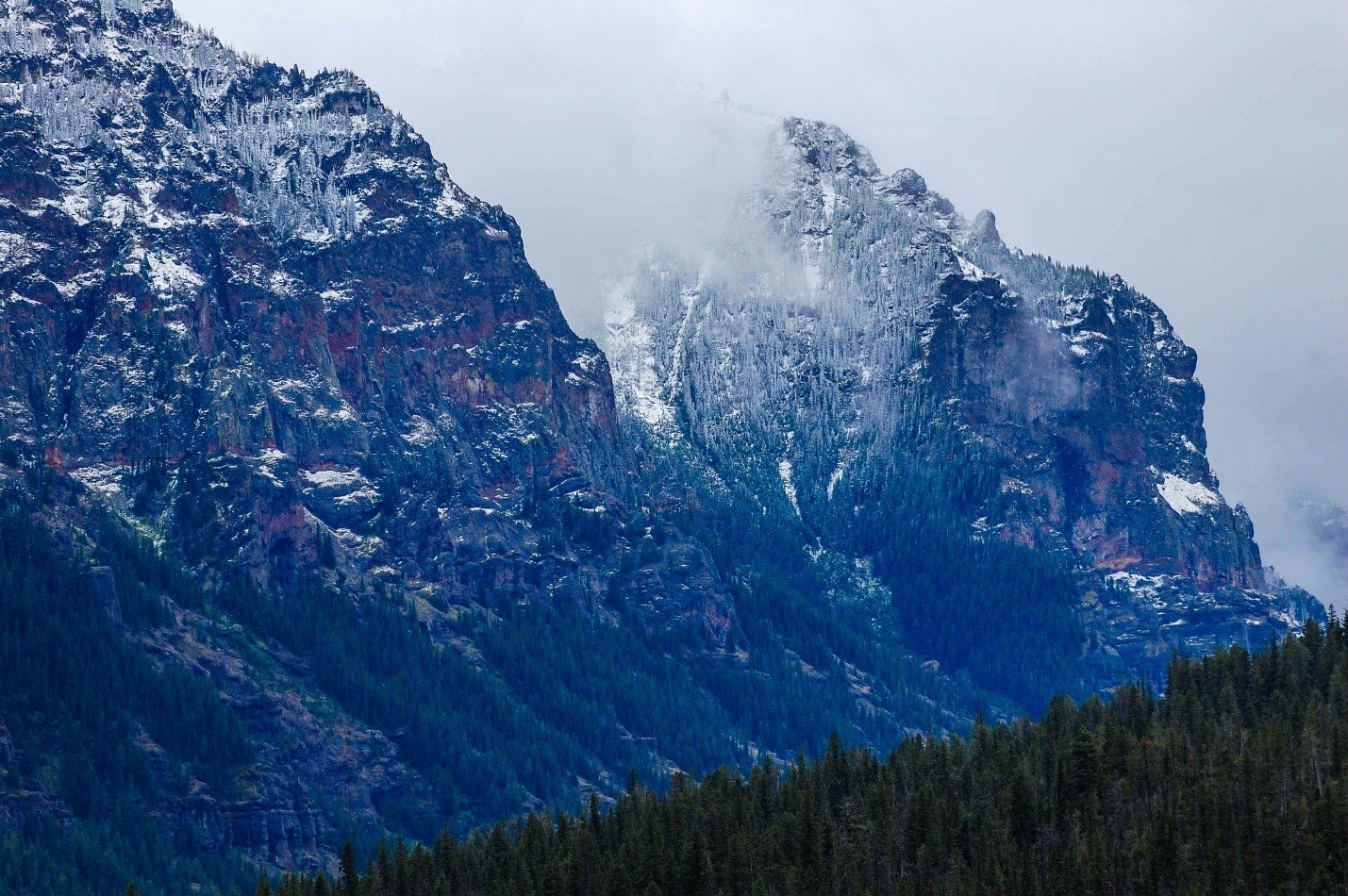To Contact Us, either contact us directly using this address or using the link button below.
Contact Details:
Gallatin Wildlife Association
P.O. Box 5317,
Bozeman, MT 59717
“To restore stability to our planet, therefore, we must restore its biodiversity, the very thing we have removed. It is the only way out of this crisis that we ourselves have created. We must rewild the world!”―David Attenborough


